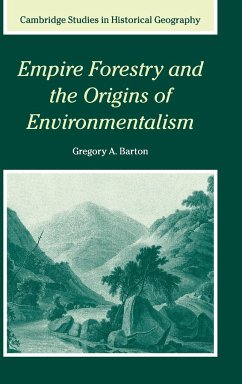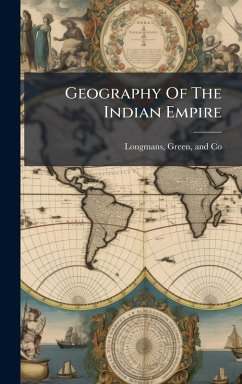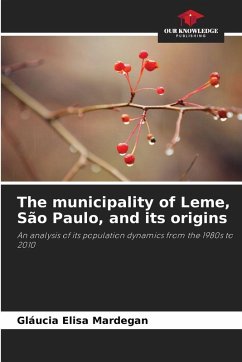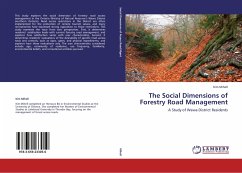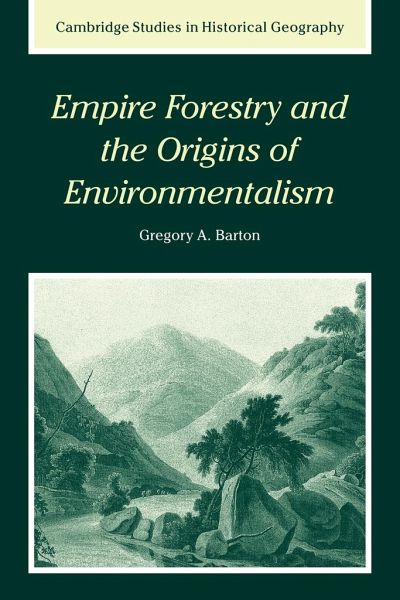
Empire Forestry and the Origins of Environmentalism
Versandkostenfrei!
Versandfertig in 1-2 Wochen
59,99 €
inkl. MwSt.

PAYBACK Punkte
30 °P sammeln!
What we now know of as environmentalism began with the establishment of the first empire forest in 1855 in British India, and during the second half of the nineteenth century, over ten per cent of the land surface of the earth became protected as a public trust. Sprawling forest reservations, many of them larger than modern nations, became revenue-producing forests that protected the whole 'household of nature', and Rudyard Kipling and Theodore Roosevelt were among those who celebrated a new class of government foresters as public heroes. Imperial foresters warned of impending catastrophe, des...
What we now know of as environmentalism began with the establishment of the first empire forest in 1855 in British India, and during the second half of the nineteenth century, over ten per cent of the land surface of the earth became protected as a public trust. Sprawling forest reservations, many of them larger than modern nations, became revenue-producing forests that protected the whole 'household of nature', and Rudyard Kipling and Theodore Roosevelt were among those who celebrated a new class of government foresters as public heroes. Imperial foresters warned of impending catastrophe, desertification and global climate change if the reverse process of deforestation continued. The empire forestry movement spread through India, Africa, Australia, New Zealand, Canada and then the United States to other parts of the globe, and Gregory Barton's pioneering study is amongst the first to look at the origins of environmentalism in global perspective.





